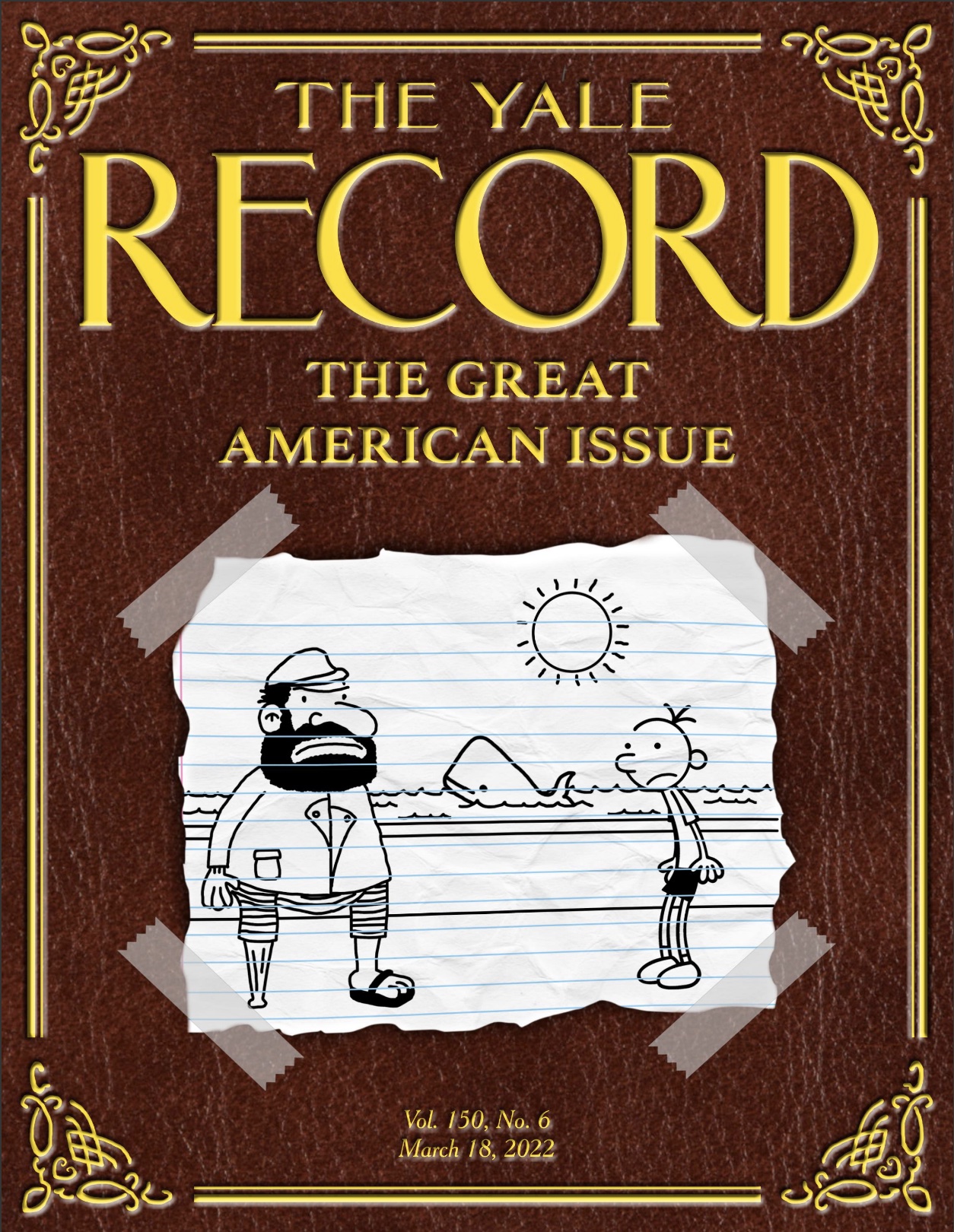Arthur Miller’s Death of a Salesman was an excellent read. The characters are colorful, the themes are dark, and Biff is gay. Most importantly, this play made me take a long hard look at our once-great nation. I’m starting to question whether this whole “American Dream” thing is all it’s built up to be. Willy Loman, a down-on-his-luck salesman, gets swept up in his dreams of the good life and forgets that success requires hard work, luck, and a grandfather with a specialized shipping company that secured a long-term contract with Dyson to send vacuum parts to Taiwan. Willy does not realize the sweeping implications of a global manufacturing network; despite the parts being manufactured in Mexico to be sold in America, the products are assembled in the Hsinchu province. Because of this, he is unable to make his dreams a reality. Instead of relying on likeability, a common theme throughout the play, Willy should start thinking about arbitrage opportunities in unexploited sectors, like the part of the vacuum that goes gawoosh.
One plot point that flummoxed me was when Willy lamented that nobody would show up at his funeral. Unfortunately, he had failed to make lasting friendships or even sustain mundane relationships throughout his life, but there are other surefire ways to attract heads to one’s funeral. The audience is left pondering why Willy neglects to consider the practical option: hide a large trove of bullion in a remote destination and initiate a complex hunt to retrieve it.
We’re all familiar with a secret treasure can be located only upon hearing precise directions left in a deceased person’s will. Willy should have asked his neighborhood priest presiding over his funeral to spread the word of a magnificent treasure to attract adventure seekers and avarice, great minds and even greater greed. It is simple. It is obvious. But Arthur Miller refuses to even entertain the idea. Many playwrights fall short, be it in their prose or their creativity. Here, Miller shows an inability to understand realism and mankind’s undeniable lust for hidden treasure.
Another plot point that stood out to me was Willy’s infidelity. The beleaguered salesman cheats on his wife, Linda, with an unnamed woman. First of all, adultery is never cool, unless it’s with someone hotter than your spouse. We never get a great visual of this woman, which leaves the status of the affair in the air. On the bright side, I read this as brave commentary from Miller. In America, we’re taught that sex sells, but here we see a salesman having sex. That reversal made me think long and hard about consumerism and my own sexuality.
Ultimately, this play made me reflect on the life I have lived and the life I want to live. Am I a Willy (A loser)? Am I Biff (Gay)? Am I Linda (Being cheated on by my significant other)? It’s hard to say. But one thing remains clear. Hide some treasure now and rest assured that your legacy will live on long after you die a tragic, empty shell of the man you hoped to be.
—W. Cramer

